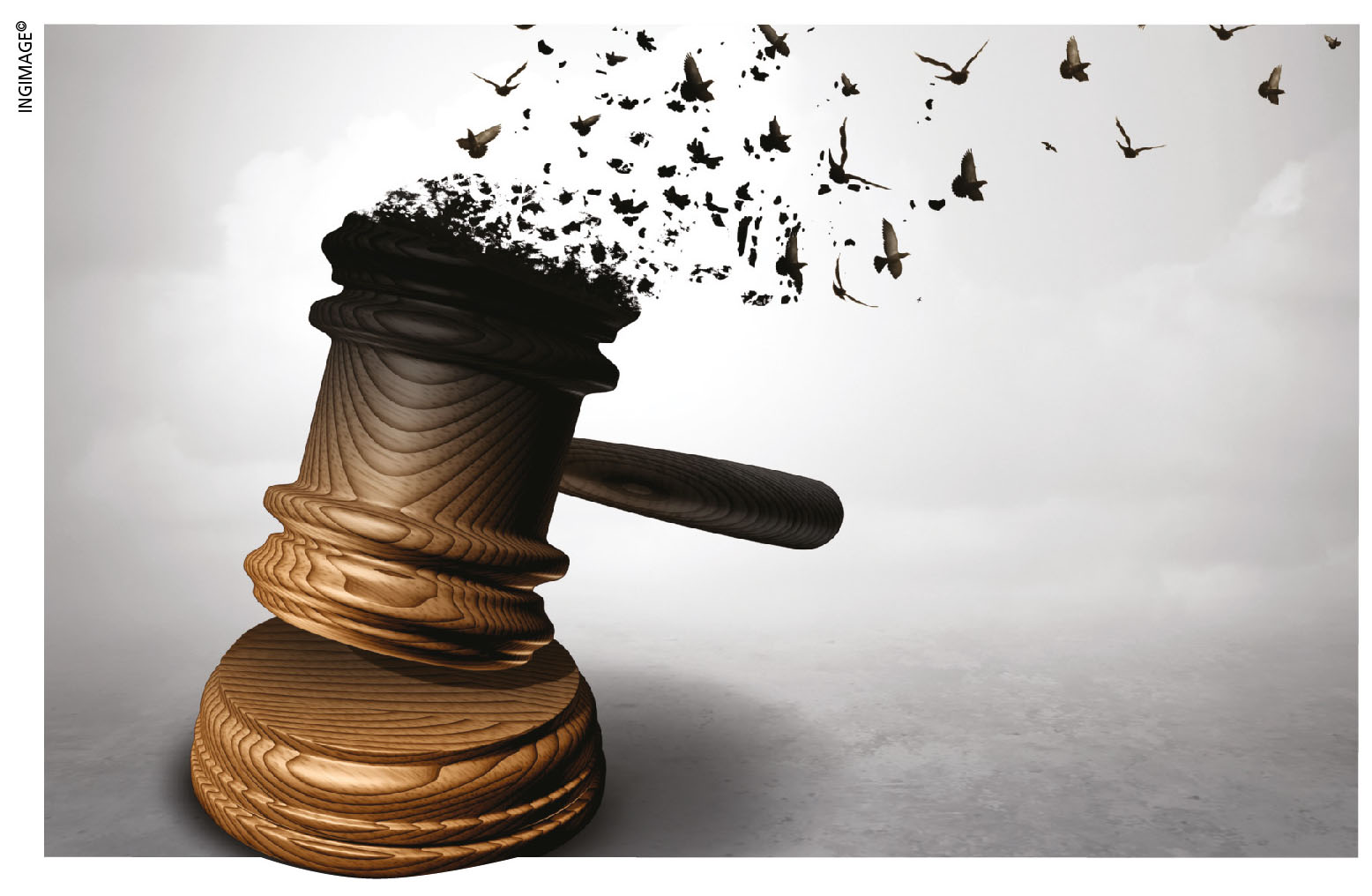CONSTITUTIONAL REFORM
OUR DIVERSITY NEEDS RESPECT
Dr. Jehan Perera calls for a pluralistic ethos where diversity is respected
In his 4 February message, President Maithripala Sirisena spoke implicitly of the need for a new path when he said that “having gained independence from imperialist rulers as a nation, we expected a political, socioeconomic and cultural forward march with a unique national identity free of colonial shackles.”
He continued: “To entrust the future of the nation to minds enslaved by imperialism for more than a century is more dangerous than being under colonial rule itself.”
Today, it is widely believed that British colonial rule sowed the seeds of ethnic conflict through its divide and rule policies whereby they used a Tamil minority to rule a Sinhalese majority. The disproportionate number of Tamils and religious minority figures in the upper echelons of the colonial administration is cited as evidence for this assertion.
But this type of analysis seeks to absolve us as Sri Lankans of responsibility for our own failures.
The island’s transition to independence was peaceful unlike in India where partition into Hindu and Muslim dominated territories led to mass upheaval and violence. Sri Lanka didn’t take this route because the leaders of our main ethnic minorities didn’t ask for separation in 1948 but only inclusion and a share of political power in a united country.
The democratic political system of elections with universal adult franchise is a positive feature of British colonial rule. Sri Lanka was among the first colonial territories to receive limited adult franchise in 1911. The first Sri Lankan to be elected through elections for the ‘educated Ceylonese’ seat was Sir Ponnambalam Ramanathan, indicating that ethnicity was not the main dividing line in society at that time.
Indeed, the problem is that we took the British model of the unitary state as practised in 1948 and have continued to adopt it as an article of faith. The British system of government has changed considerably since those days but we remain trapped in the past.
When Ceylon gained independence in 1948, it was viewed as a possible Switzerland of the East. British colonial administrator Leonard Woolf, who in 1913 wrote of the injustices the colonial system brought rural folk in his book The Village in the Jungle, observed Sri Lanka adopting the Swiss cantonal system to accommodate its ethnic and religious diversity.
In a November 1938 memorandum to the British Labour Party on the Demands for Reform of the Ceylon Constitution, Woolf advocated “ensuring a large measure of devolution or even introducing a federal system on the Swiss model.”
He wrote: “The Swiss federal canton system has proved extraordinarily successful under circumstances very similar to those in Ceylon – i.e. the coexistence in a single democratic state of communities of very different size, sharply distinguished from one another by race, language and religion.”
The unitary state model in Britain has changed to accommodate a parliament in Scotland, a power sharing executive in Northern Ireland and an assembly in Wales. Unfortunately, in Sri Lanka’s 71st year of independence, our politicians continue to have mindsets rooted in the past. The main issue they cite to the people is that the country is in danger of being divided.
One set of politicians says government proposals for constitutional reform are meant to undermine the unitary state; another set proposes to take the term ‘unitary state’ out of the constitution, and replace it with Sinhala and Tamil words they say are its exact equivalents although others say they are not.
So the level of mistrust in politicians is high on the issue of constitutional reform.
The main difficulty is to find a solution to the ‘ethnic conflict’ that is endorsed by all communities. This is why the draft constitution developed by the expert committee of parliament isn’t being presented as a formal government document. The challenge for Sri Lanka is to create a set of common political values that members of all communities can accept, and are based on respect for human rights and the rule of law.
There needs to be recognition that in multiethnic, multi-religious and plural societies, issues that pit one community against another cannot be resolved through the principle of majority vote alone. It calls for developing a pluralist ethos in which diversity is respected and there’s non-discrimination.
This process needs to be accelerated through a new constitution that will produce citizens who are politically equal although the communities they belong to are different in number.






I do feel that we need to be talking about the security situation and utter lack of communication and coordination. No point talking about the Constitution because any amendments to it will not go through until the people elect better ministers to make the law. Those who are making the law are under the hammer today because they have failed to deliver anything but utter chaos.
The media should be better equipped to influence society, because it is the people who elect the law-makers. With regards to the Constitution, the first thing that must go is the National List because corrupt politicians are given a place through this system. Its purpose is lost. And what’s the point of democracy if those who are rejected by the people end up in Parliament through the national list? But the pluralistic ethos that you refer to is relevant. We need to act as one.